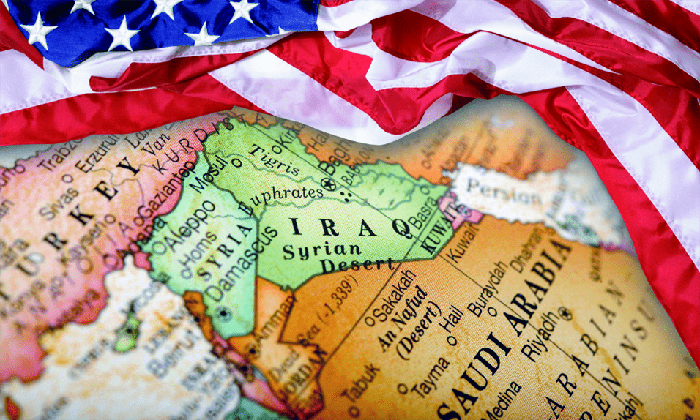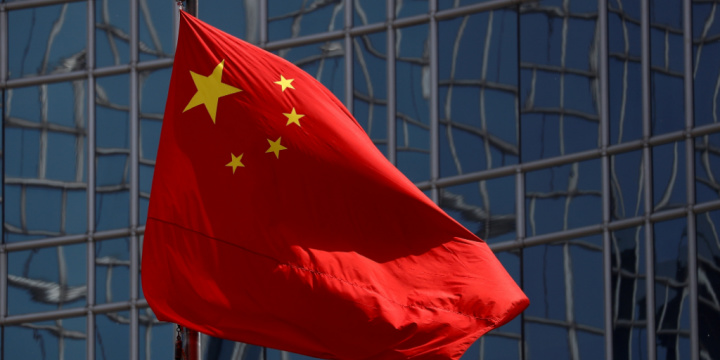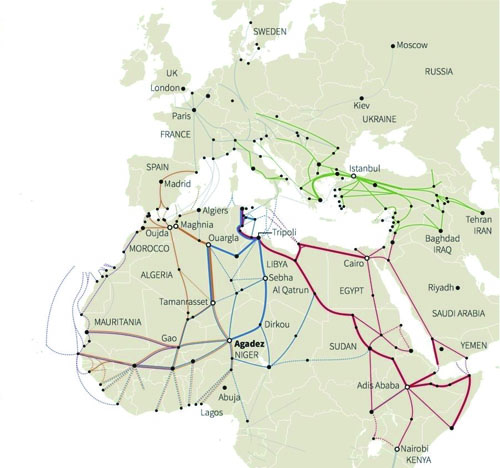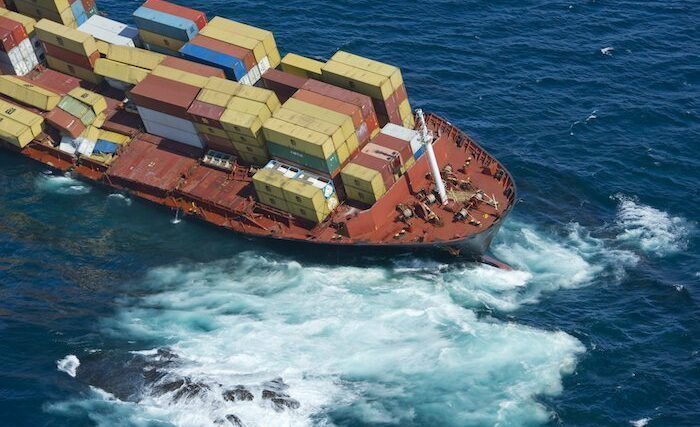
Topics
Keywords

Orient III 2025 – Focus: Health Systems and Public Health Challenges in the MENA Region

Orient II 2025 – US elections and the MENA region: Changing foreign policy and security landscape

Orient I 2025 – Strategic Engagement: China’s Role and Impact in the MENA Region

Orient IV 2024: Migration trends in the MENA region
